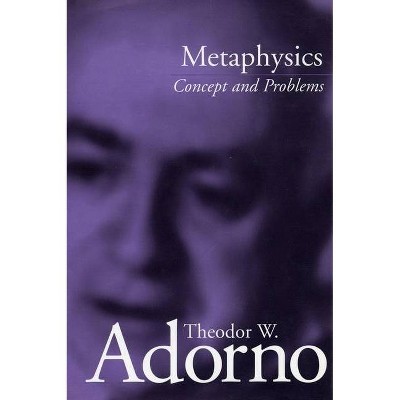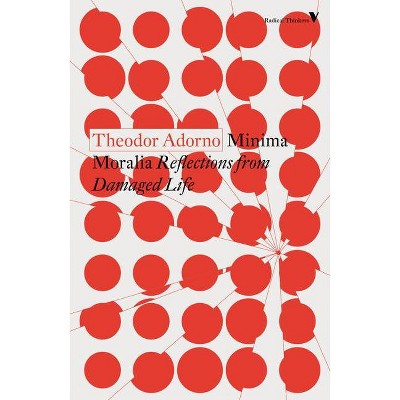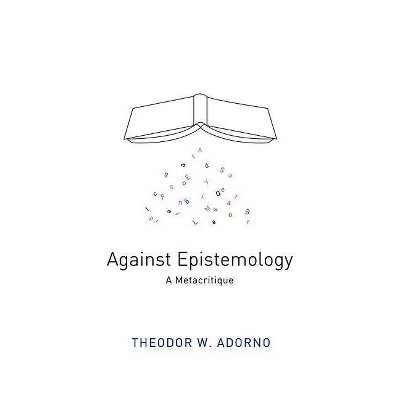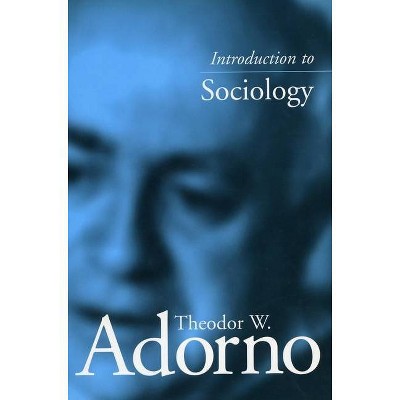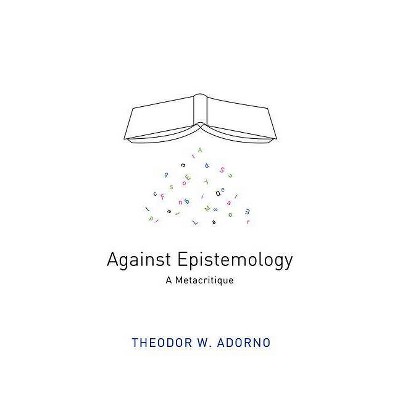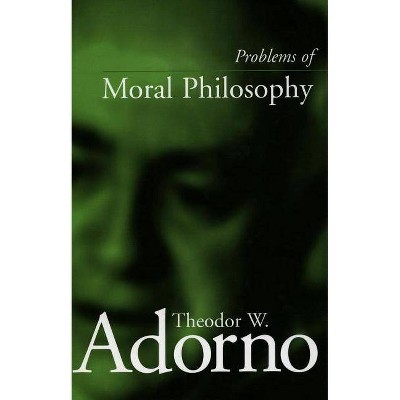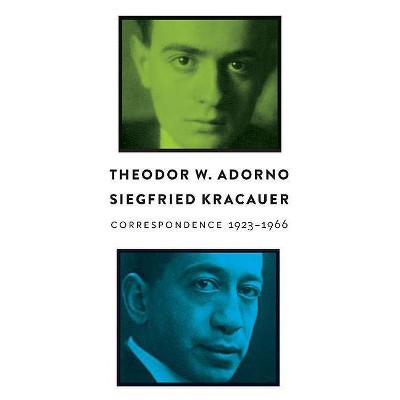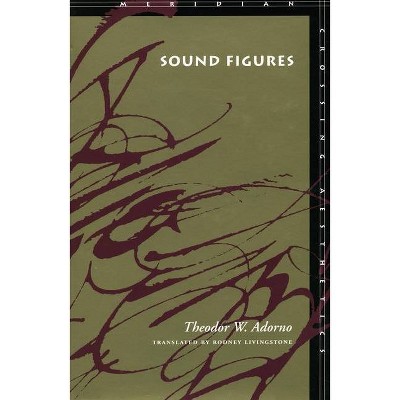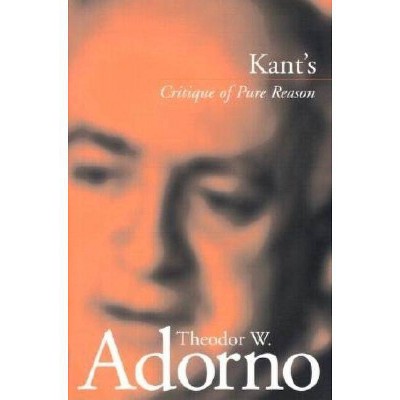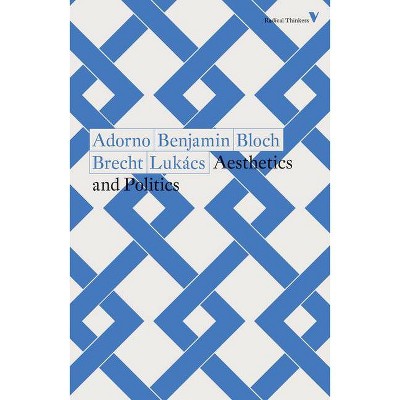History and Freedom - by Theodor W Adorno (Paperback)
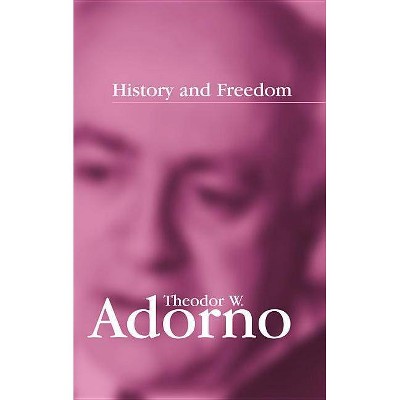
Similar Products
Products of same category from the store
AllProduct info
<p/><br></br><p><b> About the Book </b></p></br></br>"Early in the 1960s Adorno gave four courses of lectures on the road leading to Negative Dialectics, his magnum opus of 1966. The second of these was concerned with the topics of history and freedom. In terms of content, these lectures represented an early version of the chapters in Negative Dialectics devoted to Kant and Hegel. In formal terms, these were improvised lectures that permit us to glimpse a philosophical work in progress."--Page 4 of cover.<p/><br></br><p><b> Book Synopsis </b></p></br></br>Despite all of humanity's failures, futile efforts and wrong turnings in the past, Adorno did not let himself be persuaded that we are doomed to suffer a bleak future for ever. One of the factors that prevented him from identifying a definitive plan for the future course of history was his feelings of solidarity with the victims and losers. As for the future, the course of events was to remain open-ended; instead of finality, he remained committed to a Hölderlin-like openness. This trace of the messianic has what he called the colour of the concrete as opposed to mere abstract possibility. <p>Early in the 1960s Adorno gave four courses of lectures on the road leading to Negative Dialectics, his magnum opus of 1966. The second of these was concerned with the topics of history and freedom. In terms of content, these lectures represented an early version of the chapters in Negative Dialectics devoted to Kant and Hegel. In formal terms, these were improvised lectures that permit us to glimpse a philosophical work in progress.</p> <p>The text published here gives us an overview of all the themes and motifs of Adorno's philosophy of history: the key notion of the domination of nature, his criticism of the existentialist concept of a historicity without history and, finally, his opposition to the traditional idea of truth as something permanent, unchanging and ahistorical.</p><p/><br></br><p><b> From the Back Cover </b></p></br></br>Despite all of humanitys failures, futile efforts and wrong turnings in the past, Adorno did not let himself be persuaded that we are doomed to suffer a bleak future for ever. One of the factors that prevented him from identifying a definitive plan for the future course of history was his feelings of solidarity with the victims and losers. As for the future, the course of events was to remain open-ended; instead of finality, he remained committed to a Hlderlin-like openness. This trace of the messianic has what he called the colour of the concrete as opposed to mere abstract possibility. <p>Early in the 1960s Adorno gave four courses of lectures on the road leading to Negative Dialectics, his magnum opus of 1966. The second of these was concerned with the topics of history and freedom. In terms of content, these lectures represented an early version of the chapters in Negative Dialectics devoted to Kant and Hegel. In formal terms, these were improvised lectures that permit us to glimpse a philosophical work in progress.</p> <p>The text published here gives us an overview of all the themes and motifs of Adornos philosophy of history: the key notion of the domination of nature, his criticism of the existentialist concept of a historicity without history and, finally, his opposition to the traditional idea of truth as something permanent, unchanging and ahistorical.</p><p/><br></br><p><b> Review Quotes </b></p></br></br><br>In an age once more in search of the big picture, Adorno's lecture course on 'History and Freedom' reminds us again of the astonishing contemporaneity of his thought. Combining dialectical agility with a refreshing candour and directness, these lectures represent a major thinker's most open engagement with the meaning of human history, and the disastrous ambiguity of progress.<br /> <p><b>Peter Dews, <i>University of Essex</i></b></p><br><p/><br></br><p><b> About the Author </b></p></br></br><b>T. Adorno</b>, Frankfurt School <br /> <p>Translated by <b>R.Livingstone</b></p>
Price History
Price Archive shows prices from various stores, lets you see history and find the cheapest. There is no actual sale on the website. For all support, inquiry and suggestion messagescommunication@pricearchive.us
